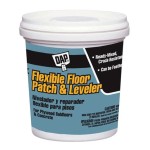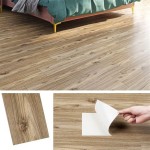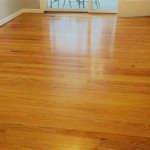How Much Does It Cost to Have Hardwood Floors Refinished?
Hardwood floors offer timeless elegance and durability, but they require periodic refinishing to maintain their beauty and protect them from wear and tear. Refinishing involves sanding down the existing finish and applying a new one, restoring the floor's original luster. The cost of this process can vary significantly depending on several factors.
One of the primary factors influencing cost is the size of the area to be refinished. Larger areas naturally require more materials and labor, resulting in higher overall expenses. Calculating the square footage of the space is essential for obtaining accurate estimates. Professionals typically charge by the square foot, so accurate measurements are crucial.
The type of wood also plays a role in determining the cost. Some wood species are harder than others, requiring more time and specialized equipment for sanding. Exotic or rare woods may also command higher prices due to their unique properties and sourcing challenges. Understanding the specific wood species in one's home can provide a better understanding of potential costs.
The current condition of the floors is another crucial factor. Floors with significant damage, deep scratches, or extensive water damage may require more extensive repairs before refinishing can begin. This can include patching, board replacement, or subfloor repairs, adding to the overall project cost. A thorough assessment of the floor's condition is necessary for accurate cost projections.
The chosen finish type contributes to the overall cost. Various finishes offer different levels of durability, sheen, and protection. Options range from basic polyurethane finishes to more specialized options like oil-based finishes or water-based finishes with low VOCs (volatile organic compounds). Each finish type carries its own price point, impacting the final cost.
Labor costs constitute a significant portion of the total refinishing expense. Labor rates can vary depending on geographical location, the complexity of the project, and the contractor's experience. Obtaining multiple quotes from reputable contractors is recommended to compare pricing and ensure a fair market value.
Staining the floors adds an additional layer of complexity and cost. Staining involves applying a pigmented finish to change the color of the wood. This process requires additional time and expertise, impacting the overall project timeline and budget. The complexity of the stain color and the number of coats applied also influence the final cost.
The removal of existing flooring materials can contribute to the overall expense. If existing carpet, tile, or other flooring materials need to be removed before refinishing can commence, this will add to the project's labor and disposal costs. Factoring in removal costs is essential for accurate budgeting.
Geographic location plays a role in determining labor and material costs. Areas with higher living expenses typically have higher labor rates, influencing the overall refinishing price. Material costs can also fluctuate based on regional availability and transportation expenses.
Accessibility of the flooring area influences the cost. Areas that are difficult to access, such as staircases or tight corners, may require more time and specialized tools, potentially increasing labor costs. The layout and accessibility of the space should be considered during the estimation process.
Choosing between DIY refinishing and hiring a professional contractor significantly impacts the cost. While DIY refinishing can save on labor costs, it requires specialized equipment, time, and expertise. Professional contractors possess the experience and equipment to complete the job efficiently and effectively, often resulting in a higher quality finish. Weighing the pros and cons of each approach is crucial for making informed decisions.
Additional services, such as furniture moving or dust containment systems, can also influence the final cost. Some contractors offer these services as part of their packages, while others may charge additional fees. Clarifying these details upfront is essential for avoiding unexpected expenses.
Obtaining multiple quotes from reputable contractors is crucial for comparing prices and services. Detailed estimates should outline all costs, including materials, labor, and any additional services. This allows for informed decision-making and ensures transparency throughout the process.
Considering the long-term value of hardwood floor refinishing is important. Regular maintenance and refinishing can extend the lifespan of hardwood floors, preserving their beauty and value for years to come. While refinishing involves an upfront investment, it ultimately protects and enhances a valuable asset in the home.
Proper preparation and planning are essential for a successful refinishing project. This includes clearing the area, protecting adjacent surfaces, and ensuring adequate ventilation. Thorough preparation contributes to a smoother and more efficient refinishing process.
Understanding the factors that influence hardwood floor refinishing costs empowers homeowners to make informed decisions and effectively budget for their projects. By carefully considering these factors and obtaining multiple quotes, homeowners can achieve beautifully refinished floors that enhance the aesthetics and value of their homes.

Fixr Com Cost To Refinish Hardwood Floor Refinishing
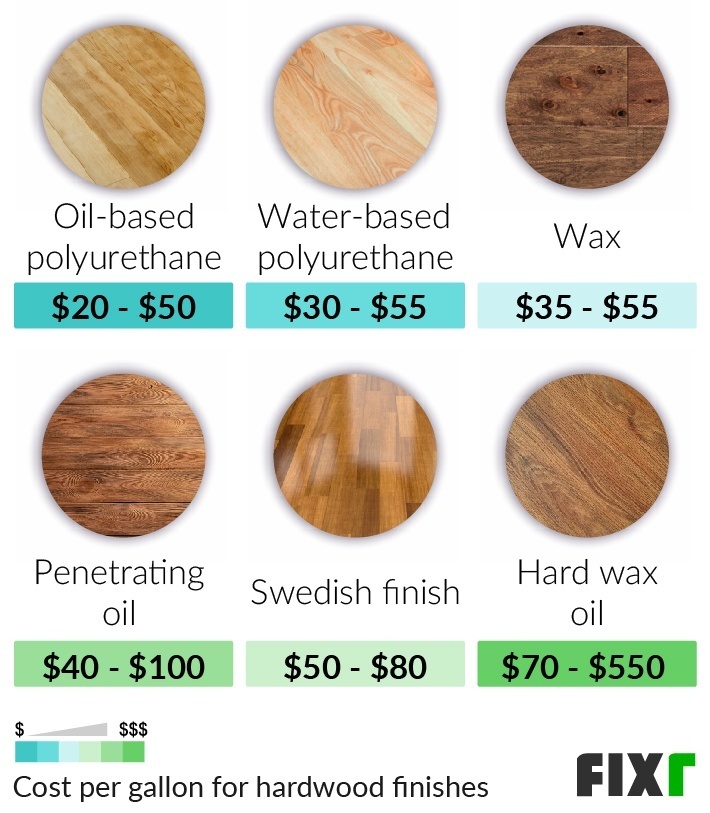
Fixr Com Cost To Refinish Hardwood Floor Refinishing

Fixr Com Cost To Refinish Hardwood Floor Refinishing
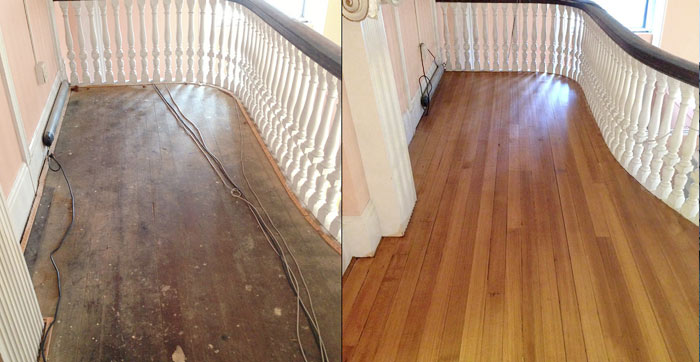
The Cost To Refinish Hardwood Floors 7 Things You Need Know

How Much Does It Cost To Refinish Hardwood Floors In Westchester

Hardwood Floor Refinishing Cost Urban Customs

Cost Of Refinishing Hardwood Floors Ted S Flooring

Cost To Refinish Hardwood Floors Sandless In Seattle
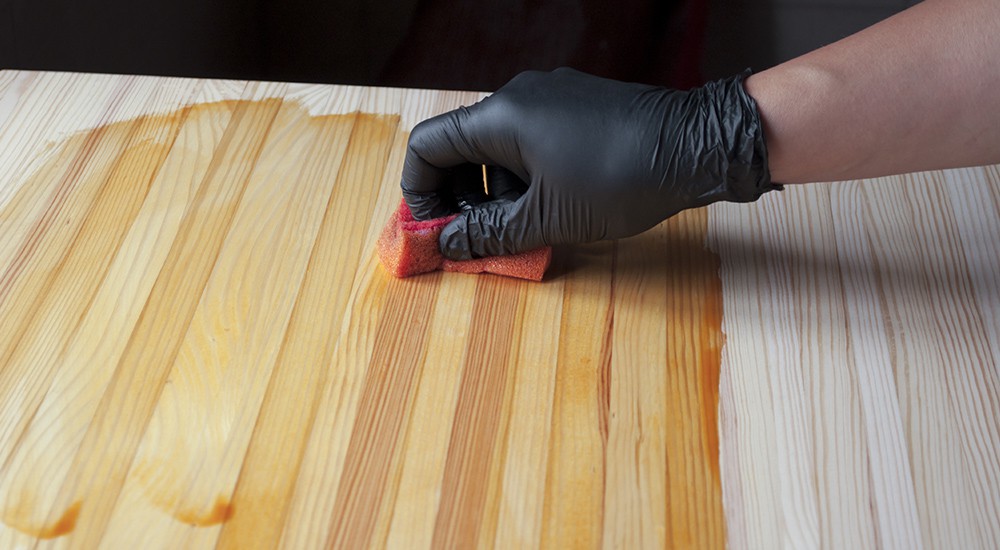
How Much Does It Cost To Refinish Hardwood Floors Lv Flooring Toronto

What Is The Cost To Refinish Hardwood Flooring


